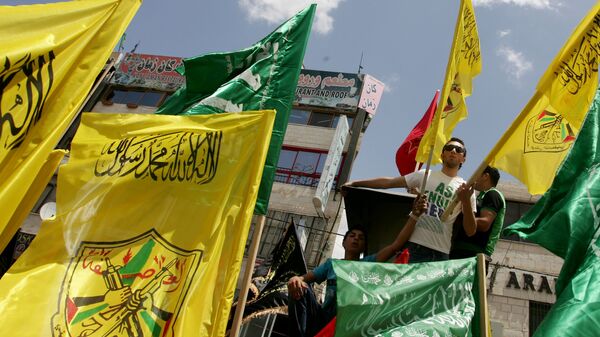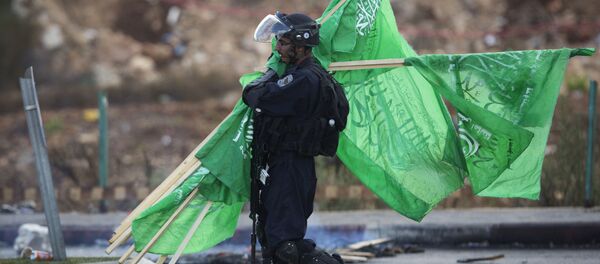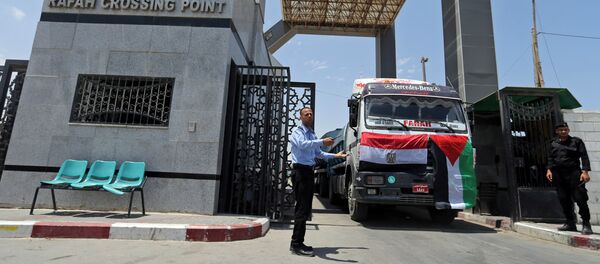The weapons handover is an effort to reconcile the dispute between the two main Palestinian political parties: Hamas and Al-Fatah, formerly known as the Palestinian National Liberation Movement.
The Fatah-Hamas dispute started after the 2004 death of Yasser Arafat, founder of the Fatah party, and eventually resulted in the divide of the Palestinian Authority in 2007. Hamas has had de facto control of Gaza ever since, while Fatah consolidated its power in the West Bank and positioned itself as the sole legitimate political representative of the Palestinian people. Since 2006, elections to the Palestinian National Authority have been placed on hold.
Fatah and Hamas have attempted reconciliation several times in the past, even forming a united government in 2014, but it quickly disbanded. However, on Tuesday, Prime Minister Rami Hamdallah of the PA held a reconciliation meeting in Gaza for the first time in three years to end the 10-year-rift between the two political factions.
According to Abbas, in order for reconciliation to take place, all weapons, including Hamas' weapons, must be handed over to the PA.
"We will not agree to the Hezbollah [the political party and militant group based in Lebanon] model. The Palestinian Authority and Fatah movement will invest all their efforts to help the reconciliation succeed. But when Hamas joins the institutions of the Palestine Liberation Organization, which is the umbrella group for all the Palestinian factions, Hamas will be required to accept the principles of the organization and its decisions," Abbas said in an interview on Tuesday, according to the Jerusalem Post.
"We, in the West Bank, operate according to a single law and a single authority," said Abbas.
"I order to arrest anyone who holds weapons that is not under the auspices of the law, even if they are Fatah members, and that is what is meant to be."
However, Hamas' senior leader, Ismail Haniya, voiced his disagreement in an interview in Gaza broadcast on Egypt's ONTV.
"There are two groups of weapons: There are the weapons of the government, the police and security services," Haniyeh said.
"And there are the weapons of the resistance. Regarding the weapons of the resistance, as long as there is a Zionist occupation on Palestinian land, it is the right of the Palestinian people to possess weapons and resist the occupation in all forms of resistance," he added.
However, Haniyeh also claimed that Hamas is ready to discuss reconciliation options with Fatah.
"We in Hamas are ready for dialogue with our brothers in Fatah and the rest of the factions to agree on how to make decisions including that of the decision of resistance," Haniyeh said. "We have no problem with the decision of resistance being a joint decision."




